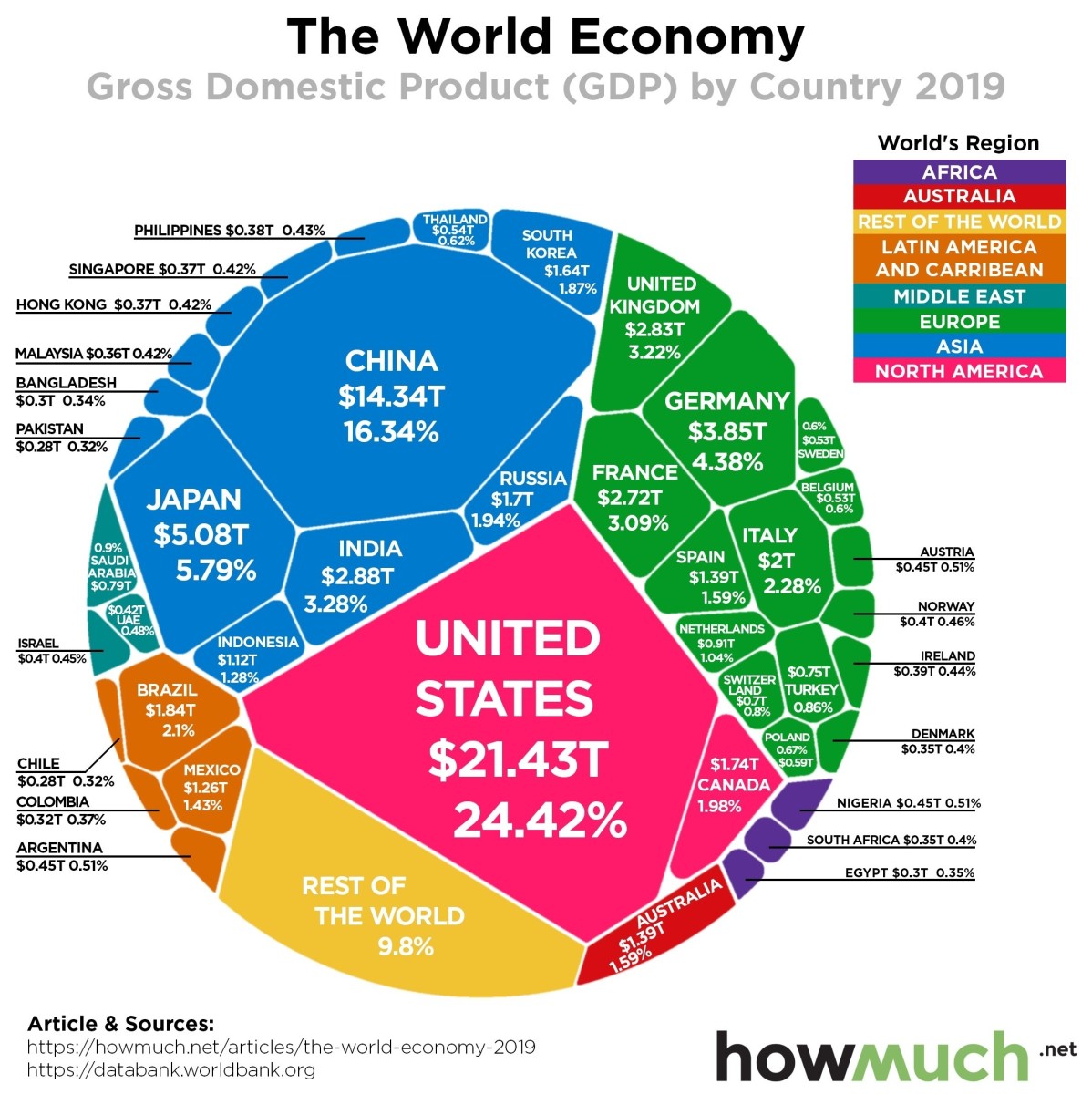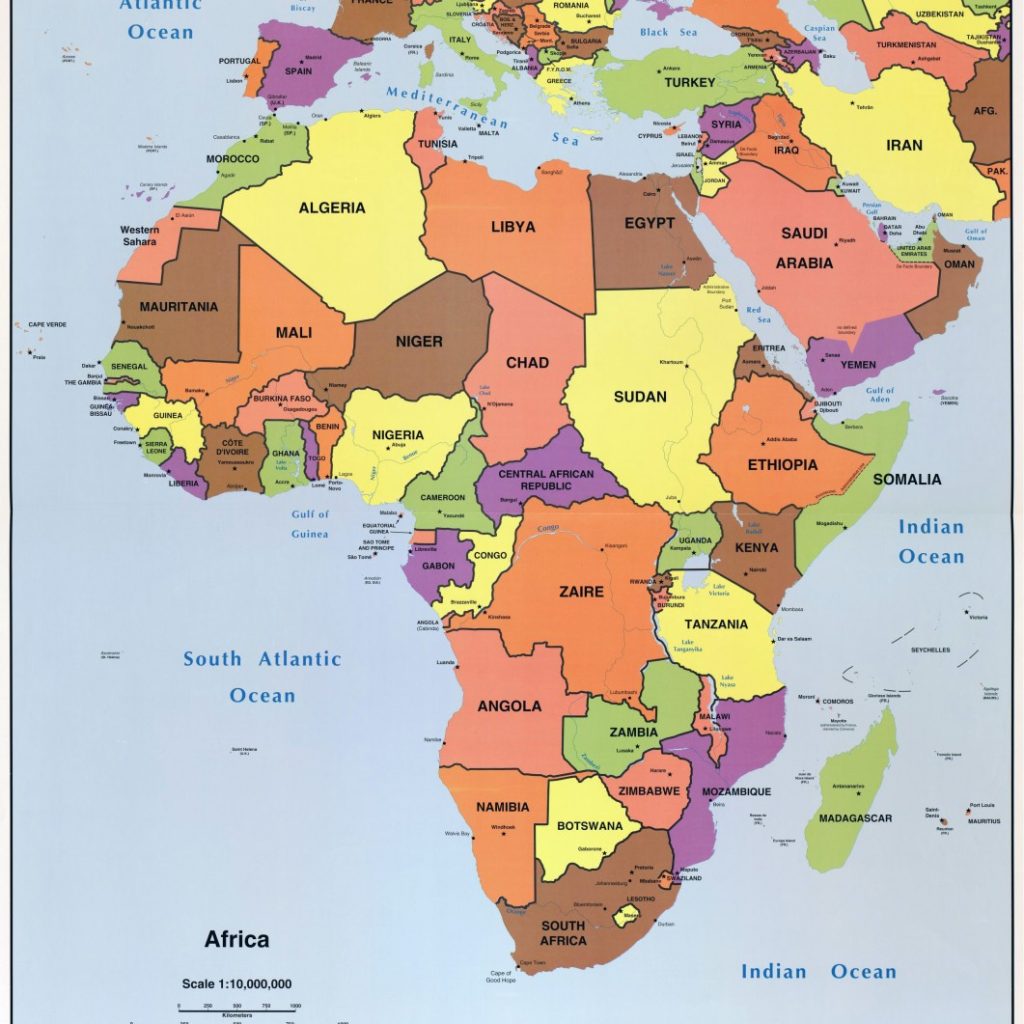The decline of the G7, which has called itself the summit of advanced nations and the summit of major nations, is remarkable. Recent economic growth in the so-called Third World/Global South countries of Asia, Africa, and Latin America, which until at least 30 years ago saw the G7 as "the meeting of the world's richest countries". In particular, there is a movement to unite and oppose the former colonial powers that colonized and plundered the world, once called the great powers of Europe and the United States. The move was fueled by a backlash against US-led sanctions against Russia on the pretext of the war in Ukraine. The G7 is a gathering of representatives of the former suzerain countries, so the United States, Europe, and Japan are in a corner. At the G7 Hiroshima Summit, which will be held from 19th, for the first time, "Cooperation with the Global South" was raised. But it's too late. With most countries turning their backs on the G7, led by China, which has become a superpower on a par with the United States, the G7 Hiroshima Summit to be held on May 19 will be a meeting that will “paint over the waning sun.”
■ E7 to compete with G7
China, India, Russia, Brazil, Indonesia, Mexico, and Turkey are being called the E7 as anti-U.S. and European emerging nations to compete with the G7. The E7's gross domestic product (GDP) share of the global economy is expected to surpass the G7's for sure within a decade. With the G7 Hiroshima Summit in mind, China is launching aggressive diplomatic offensives in the Middle East, Central Asia, Africa, Central and South America, etc., led by State Councilor Wang Yi and Foreign Minister Qin Gang. Prior to the Hiroshima Summit, Prime Minister Kishida of Japan visited four African countries, Egypt, Ghana, Kenya, and Mozambique, during the consecutive holidays. Minister of Foreign Affairs Hayashi visited five Latin American countries, including Peru, Chile, and Paraguay, in order to avoid the anti-American Bolivarian Alliance member countries. The round trip was a diplomacy to follow China in response to the instructions of impatient Washington, and it should have ended in money-spreading diplomacy without any significant results.
The Asahi Shimbun article dated May 3 reported that "the G7 is desperately trying to draw the Global South to the side of the G7 in order to increase pressure on Russia." This is a propaganda article that reverses the situation. Emerging and developing countries are reacting to the proxy war against Russia led by the United States and Europe in Ukraine because the economic sanctions imposed on Russia under the pretext of Russia's invasion of Ukraine are causing chaos in the world economy. Therefore, it will not be possible to “pull the global South to the G7” unless it continues to make peace with Ukraine and stop putting pressure on Russia.
In fact, among the E7, India, Brazil, and Indonesia have been invited to the Hiroshima Summit. Of these, India is the chair of the G20, and Indonesia is the former chair of the G20 and the chair of ASEAN. The China-led E7 is moving to form a new key currency to replace the US dollar in order to protect itself from repeated financial crises caused by casino-like capitalism, which has long been created in the United States and Europe. There is no way to get on the G7's motives that say, "Yeah." Former Brazilian President Dilma Rousseff has been appointed as the new president of the New Development Bank (Shanghai "BRICS Bank") founded by the BRICS, the five emerging countries of Brazil, Russia, India, China and South Africa. This symbolizes the extraordinary determination of emerging countries to challenge the US-led IMF/World Bank system.
■ Refusal to choose “U.S./Europe or China”
On March 2, 2022, 52 countries did not vote in favor of the resolution condemning Russia at the UN General Assembly Emergency Special Session. Of the 35 countries that voted against or abstained from voting, 17 African countries, including Sudan, the Central African Republic, and Mali, accounted for nearly half, including five African countries, including Eritrea. Russia has expanded its network to West Africa, including Sudan, Central Africa, Chad, Niger, and Mali, and has increased the number of partner countries by cooperating in resource development. Since 2016, mercenaries from the Russian private military company Wagner have been identified in more than ten African countries.
In addition, China, which is globally developing the “One Belt, One Road” initiative, has a strong presence in Africa as well. Chinese development banks invested $23 billion in infrastructure in sub-Saharan Africa from 2007 to 2020. This is more than double the combined aid of the United States, Germany, Japan and France, and more than the World Bank. In response, at the end of last year, the United States held a summit meeting with 49 African countries and the African Union (AU) in Washington for the first time in eight years, and announced $55 billion in assistance to African countries over the next three years. US supported the AU's entry into the G20 (20 major countries). Since 1993, Japan has co-sponsored the Tokyo International Conference on African Development eight times since 1993, co-sponsoring with the United Nations, the World Bank, and the AU in order to oppose China.
However, African countries are avoiding the choice of "the United States, China, or Russia." This is in line with the stance of Prime Minister Lee Hsien Loong of Singapore, the leader of the Association of Southeast Asian Nations (ASEAN), that he should not be forced to choose between the United States and China. I protested against the sermon. Germany's international broadcaster Deutsche Welle reported that when Prime Minister Lee Hsien Loong visited China in September 2017, he said, "Why did you suddenly visit China? We are analyzing," he said.

Note: The straight borders drawn on the left map of Africa are Egypt and Libya, Egypt and Sudan, Libya and Chad, Algeria and Niger, Algeria and Mali-Mauritania, Mali and Mauritania, Namibia and Botswana, Tanzania and Kenya, There are 10 lines between Angola and Namibia, Ethiopia and Somalia. After the Berlin Conference of 1885, the demarcation of the territories controlled by the great powers during the ``partition of Africa'' was a product of the interests of the great powers. Countries that participated in the partition of Africa were Britain, France, Germany, Italy, Spain, Portugal and Belgium. It is now a major power in the European Union (EU) and effectively a member of the North Atlantic Treaty Organization (NATO) in the Ukraine war. The West and Japan carry too heavy a negative legacy to attract the AU (African Union) to the G7.
■ Macron said he was "shocked"
Among the G7 member countries, France was the first to openly express its sense of crisis. “I am shocked at how we have lost the trust of the Global South,” said French President Emmanuel Macron at the Munich Security Conference in February 2023. It was a paraphrase of the former colonial countries of Africa moving toward China and Russia. The joint statement of the G7 Foreign Ministers' Meeting held in Japan in April stated, "We will emphasize cooperation with developing countries and emerging countries called the Global South, and deepen cooperative relationships with countries in Africa, Central Asia, and Central and South America." raised. In other words, it is a statement that the world led by the United States and Europe is being forced to change. Germany's Foreign Minister Beerbock said, "We need to avoid the G7 unity becoming a gulf between us and other countries.".
Among the G7 member countries, Germany and France show a decisive difference in their attitudes toward China and Russia from the United States, Britain, and Japan. In this blog, I posted on November 8, 2022, “Shock of German Prime Minister’s Visit to China: Hollowing out of G7, Promoting Participation in China-Russia-led New Eurasia Initiative,” and April 20, “Germany, France, and China. G7 Foreign Ministers' Joint Statement in Japan Coordinating on Russian Policy and Tossing the United States into an Empty Space," published on March 9, 'The Truth of the Ukraine War (1): US-British Led Order Leading to Collapse, Neocon Frustration,' etc. I have raised this issue over and over again. In addition, the G20, a gathering of 20 major countries that expanded the G7, has become dysfunctional due to the intensification of conflicts of opinion between the United States and Europe and non-U.S. and European countries following the outbreak of the Ukraine war. It was inevitable that the emerging nations would move to form a new independent organization, E7. For the background, please refer to the article published on October 14, ``President Joko Widodo's ``Rebounding US Pressure'' ``Putin G20 Invitation'' Sticks to the ``World Led by the U.S. and Europe''''.
■ China leading the third world
A researcher who shamelessly throws out words like the US cheerleader said, "The presence of the G7 is relatively declining. The decline in the G7's share of GDP in the world economy has led to the growth of China, Russia and the global South. Although some of them came to be collectively called E7, the relationship is ambiguous and there is no common concept.For the countries of the global south, India holds summit meetings, and China is a developing country. There are moves to get involved in development, security, etc. in terms that are pleasant to the ear, but the countries of the Global South are by no means monolithic.” First of all, the G7 will show solidarity, and if we expand the number of countries that support it, we will be able to fully demonstrate our presence.”
The G7 is no longer monolithic due to De facto defection of Germany and France to the United States and Great Britain is in danger of being dismantled. The same is true of the G20, which was expanded under the initiative of the G7. Oswald Spengler's The Decline of the West (Der Untergang des Abendlandes, 1918) has been widely red after World War II as "an analysis of the global decline of European and American cultures." A century after its publication, the remarkable decline of the G7 is a clear indication of the "fall of the West."
In addition, Asian and African countries, which had gained independence from colonial rule by Western countries, gathered at the 1955 Bandung Conference and developed a non-aligned movement in accordance with the Ten Principles for Peace. It was China that advocated the liberation of the Third World countries, which had just gained independence and were remarkably weak in national power. Today, it is only natural that China, which has become a superpower following the reform and opening-up policy that it has been implementing for more than 40 years, is leading the non-U.S. and European world. It is inevitable that the United States and Great Britain, which are cornered, will attack China thoroughly and try to change the Communist Party's leadership system.
